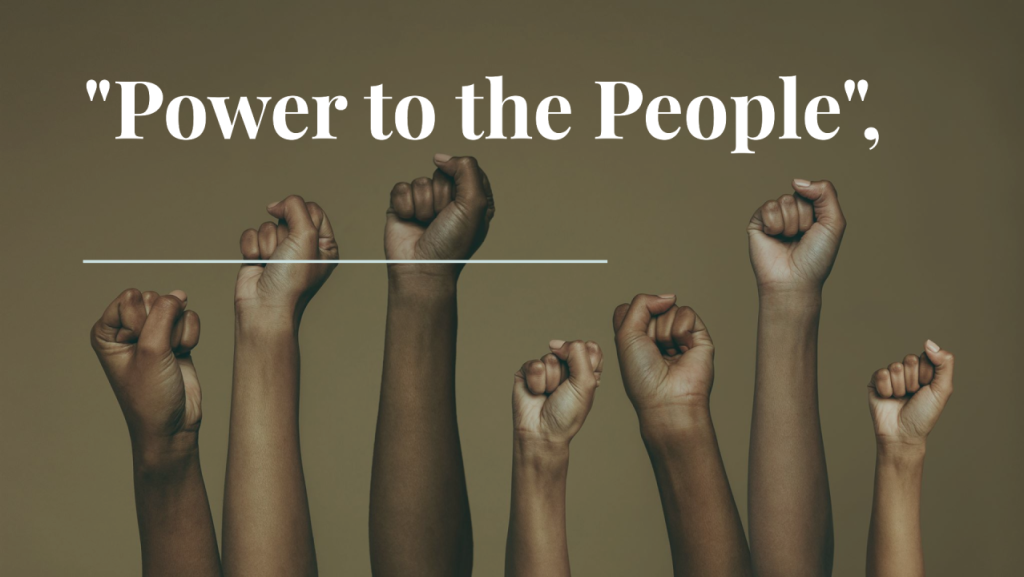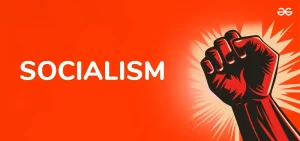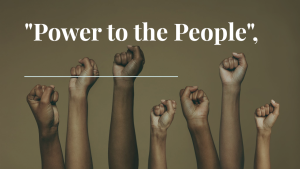Democracy A Cornerstone of Modern Society

democracy,the legacy of the magna carta 1215 : a cornerstone of democracy,cornerstone,dayton democracy summit,cornerstone speech,democracy (quotation subject),rule of law,universal declaration of human rights,introduction to constitution of india,the first constitution of the world : magna carta,peace of westphalia,the first constitution of the world,sources of international law,the legacy of the magna carta 1215,supreme court of the united states
Democracy, derived from the Greek words “demos” (people) and “kratos” (rule), is a form of government where the people hold the ultimate power. It is a system that values equality, participation, and accountability.
Key Characteristics of Democracy
- Popular Sovereignty: The people are the ultimate source of authority. They have the right to elect their leaders and influence government policies.
- Rule of Law: The law applies equally to everyone, regardless of their social status or position. No one is above the law.
- Limited Government: The government’s power is limited by a constitution or other legal documents. This ensures that individual rights are protected.
- Accountability: Elected officials are accountable to the people. They can be held responsible for their actions and removed from office if they fail to meet the public’s expectations.
- Participation: Citizens have the right to participate in the political process through voting, running for office, and expressing their opinions.
Types of Democracy
- Direct Democracy: In this system, citizens directly participate in decision-making, often through voting on specific issues. This is more common in smaller communities or ancient civilizations.
- Representative Democracy: This is the most common form of democracy today. Citizens elect representatives to make decisions on their behalf.
Benefits of Democracy
- Accountability: Elected officials are accountable to the people, ensuring that they act in the public interest.
- Equality: Democracy promotes equality among citizens, ensuring that everyone has an equal say in how their government is run.
- Liberty: Democratic governments protect individual rights and freedoms, such as freedom of speech, press, and assembly.
- Prosperity: Studies have shown that democratic countries tend to have stronger economies and higher standards of living.
Challenges to Democracy
- Voter apathy: Low voter turnout can undermine the legitimacy of democratic elections.
- Corruption: Corruption can weaken democratic institutions and erode public trust.
- Polarization: Political polarization can make it difficult for elected officials to reach consensus and govern effectively.
- Inequality: Economic inequality can create a power imbalance, giving a small group of people undue influence over the political process.
Despite these challenges, democracy remains a cornerstone of modern society. It is a system that values individual rights, promotes equality, and provides a framework for peaceful and prosperous societies.
Would you like to learn more about a specific aspect of democracy, such as its history, challenges, or benefits?




